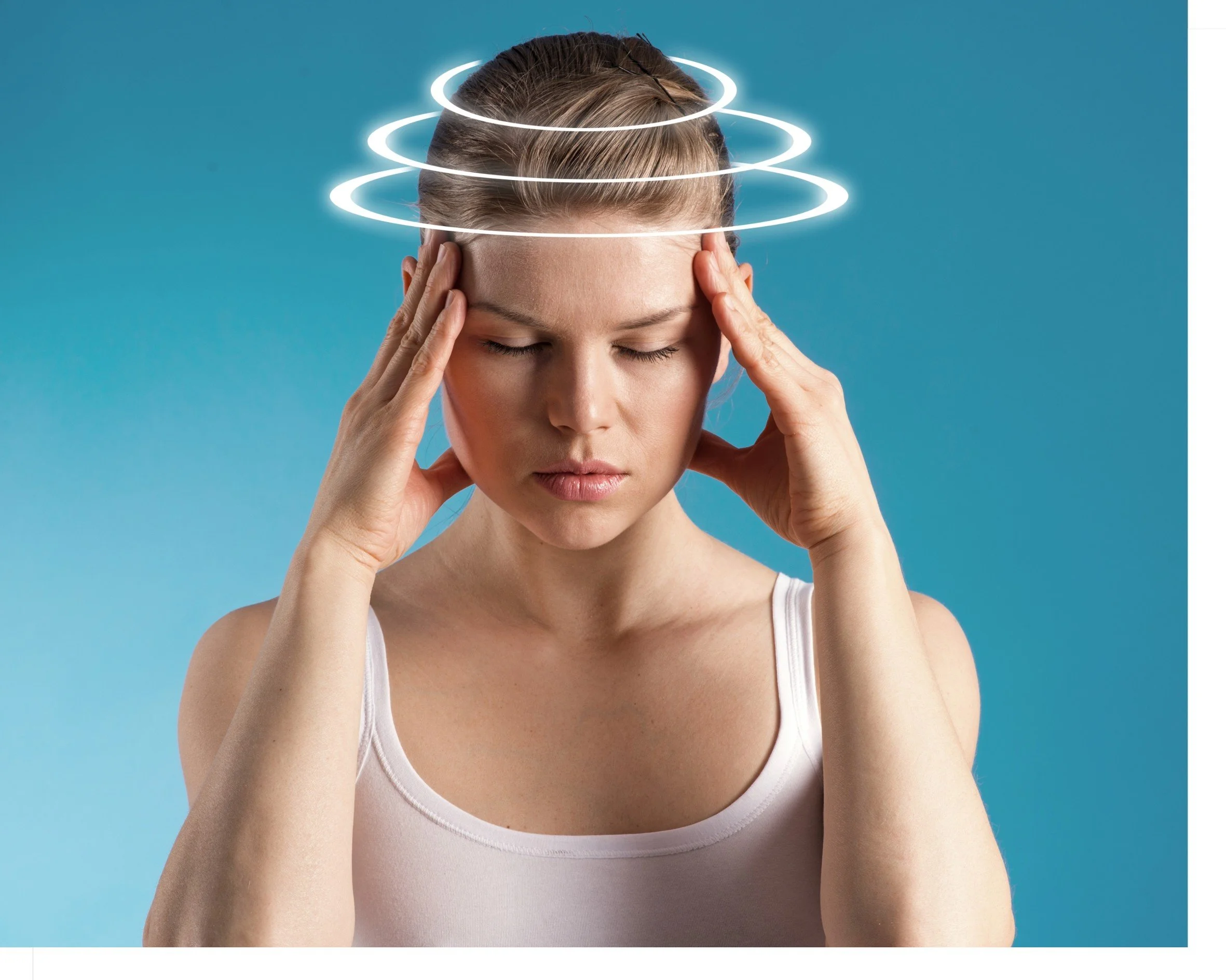
Ménière’s disease
When your inner ear puts your world on a roller coaster.
Think you may be experiencing dizziness, pressure in the ear, or fluctuating hearing? Learn more about Ménière’s disease, its symptoms, and available management options.
Ménière’s Disease is named after Dr Prosper Ménière, a French physician and researcher who, in 1861, was among the first to connect vertigo and hearing loss to the inner ear.
Before Ménière’s observations, many believed these symptoms were linked to the brain. Prosper Ménière challenged this by suggesting that the inner ear, not the brain, was the source of these problems. His theory laid the foundation for modern audiovestibular medicine, and the condition now bears his name.
A Brief History: Who Was Prosper Ménière?
Dr Prosper Ménière
What Is Ménière’s Disease?
Ménière’s Disease is a chronic disorder of the inner ear, where abnormal fluid buildup disrupts your sense of balance and hearing. The symptoms come in episodes or attacks, which can vary in frequency and severity.
It most commonly affects adults between 40 and 60 years old, and while it usually starts in one ear, it can become bilateral in some cases over time.
Classic Symptoms of Ménière’s Disease
Vertigo
Sudden, intense, non-positional spinning sensations lasting from at least 20 minutes to several hours (up to 12 hours).Often accompanied by nausea and/or vomiting
Can lead to imbalance or even falls
Fluctuating Hearing Loss
Usually begins in the low frequenciesMay come and go
Can become permanent if not managed over time
Tinnitus
Ringing, buzzing, or roaring in the affected earAural Fullness
A sensation of pressure, congestion, or fullness in the ear
What Causes It?
Ménière’s Disease is thought to be caused by excess fluid (called endolymph) in the labyrinth of the inner ear. This fluid buildup disrupts the delicate balance of signals that travel from the ear to the brain.
While the exact cause is unknown, possible contributors include:
Autoimmune disorders
Viral infections of the inner ear
Allergies
Head trauma
Genetics
Poor drainage or anatomical differences in the inner ear
Managing Ménière’s Disease
There’s no cure yet, but symptoms can be effectively managed. Treatment plans are tailored to each person’s lifestyle, severity of symptoms, and hearing profile.
1. Diet and Lifestyle
Low-sodium diet: Reduces inner ear fluid pressure
Avoiding caffeine, alcohol, and tobacco
Stress reduction: Stress can trigger attacks
2. Medications
Diuretics (water pills) to reduce fluid buildup
Anti-vertigo medications (e.g., meclizine) during attacks
Anti-nausea meds if vertigo leads to vomiting
3. Hearing Aids
For those with hearing loss or tinnitus
Advanced devices can provide relief from sound distortion and improve clarity
4. Vestibular Rehabilitation Therapy (VRT)
Tailored exercises that help the brain adapt to balance changes
5. Injection Therapy (less common)
Steroids injections in the middle ear.
Gentamicin injected into the ear in more severe cases.
6. Surgery (rare)
Endolymphatic sac surgery or vestibular nerve section for patients with disabling vertigo that doesn’t respond to other treatments.
Living with Ménière’s Disease
Living with Ménière’s can be unpredictable. Some patients have frequent attacks; others may go months or years between episodes. It can affect confidence, social life, work, and mental health.
But with professional guidance, regular monitoring, and a personalized care plan, many patients regain control of their lives.
What are the complications of Meniere’s disease?
Living with Meniere’s disease can be difficult with complications such as:
Serious falls: people with unexpected episodes of vertigo are more likely to suffer a serious fall. This makes everyday activities, such as walking alone on a road, climbing a ladder, driving, or carrying heavy items, dangerous.
Long-term hearing loss: if left untreated for several years, Meniere’s disease can leave you with permanent hearing loss.
Mental health: This disease can take a toll on your mental health, with some developing anxiety and depression due to the symptoms and not knowing when a future episode may occur.
Who are the healthcare professionals involved in diagnosing and treating Ménière’s disease?
Ménière’s disease is a complex inner ear disorder that requires specialized knowledge of auditory and vestibular physiology. Effective management typically involves close collaboration between an audiologist and an ear, nose, and throat (ENT) physician (otolaryngologist).
Following diagnosis, patients are typically monitored through ongoing follow-up care with both the audiologist and the ENT physician to ensure optimal management of the condition.
The audiologist is often the first professional to assess the patient. They collect a detailed case history and perform comprehensive testing to evaluate both the hearing (auditory system) and balance function (vestibular system) of the inner ear. Based on these results, the audiologist can identify hearing loss, vestibular dysfunction, or other inner ear abnormalities.
The ENT physician conducts a medical evaluation to determine whether the patient’s symptoms and test results are caused by Ménière’s disease or another underlying condition. Once a diagnosis is confirmed, the ENT may prescribe medications or recommend treatments to help regulate inner ear fluid pressure, reduce vertigo episodes, and manage fluctuating hearing loss.
How Is It Diagnosed?
Please note that Ménière’s Disease is a medical condition that should be diagnosed by an ear, nose, and throat (ENT) doctor.
At Earsonic, our audiologists will perform the necessary examinations to assist the ENT in making a diagnosis. We will also inform you if there is a possibility that you may have Ménière’s Disease, but please be aware that we cannot confirm the presence of this condition.
Ménière’s is diagnosed clinically, meaning based on symptoms and testing over time, it is sometimes called a “diagnosis of exclusion” — we rule out other causes before confirming it.



